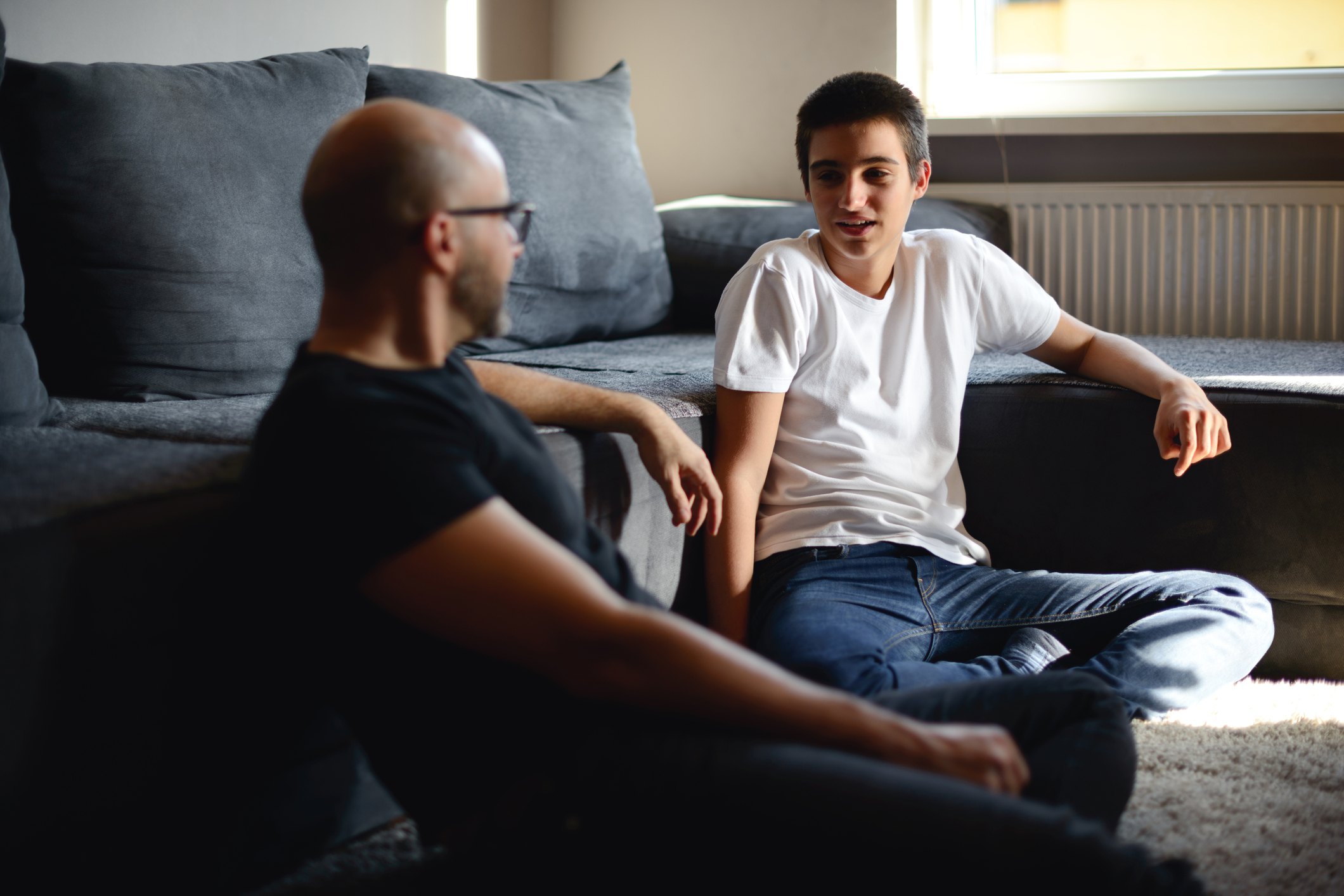-
It can be tricky to recognise the difference between being sad and experiencing depression. The good news is that there are plenty of resources out there to help you distinguish the difference. Medibank mental health expert, Georgia Karabatsos, sheds some light on the topic.
How often should you feel sad?

-
Signs of depression
While it’s important to remember that everyone feels down from time-to-time, it’s equally important to know when it’s time to get help. If you feel bouts of sadness tend to last for more than two weeks, it’s worth speaking to a professional. According to Beyond Blue, other common symptoms of depression include:
- Behavioural symptoms: such as not wanting to go out, not getting things done at work/school, an inability to concentrate, and withdrawing from close family and friends.
- Emotional symptoms: such as feeling overwhelmed, irritable, frustrated and lacking in confidence.
- Physical symptoms: such as feeling tired all of the time, being sick and run-down, experiencing sleep problems and changes in appetite, and a sudden weight loss or gain.
Organisations like Black Dog Institute or BeyondBlue have great resources, such as this simple checklist to help tell if you’re experiencing depression. Depending on your score, they may recommend that you see your GP or health professional for a more thorough assessment.
Getting help
If you think you might be depressed, taking the first step can be scary, but remember you’re not alone. It’s important to seek help early -- the sooner you reach out to a professional, the sooner you can start feeling like yourself again.
If you or someone you know is experiencing depression, there’s 24/7 support out there. For urgent support, reach out to Lifeline on 13 11 14, or make an appointment with your GP.
Get more tips and guidance around mental health.
-
Do you need an electric toothbrush?
Which toothbrush scrubs up best?
-
Dietitian, nutritionist or naturopath: What’s the difference?
Who should you see for professional dietary advice?
-
5 ways to eat healthy while travelling
Come home feeling refreshed, fit and energised.
-
How often should you get your teeth cleaned?
We spoke to Medibank Members’ Choice Advantage dentist Dr Jonathan Cichero to find out.
-
Daily habits for good oral health
Do you really need to floss? Is an electric toothbrush better than a manual one? Find out which habits to make (and which ones to break) for better oral health.
-
How to conquer your fear of the dentist
Dr Merrilyn Hooley's tips for a less stressful dental appointment.
Subscribe to receive the best from Live Better every week. Healthy recipes, exercise tips and activities, offers and promotions – everything to help you eat, move and feel better.
By clicking sign up I understand and agree to Medibank's privacy policy





